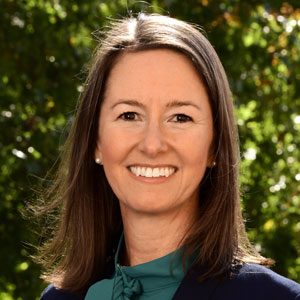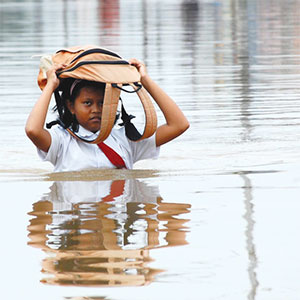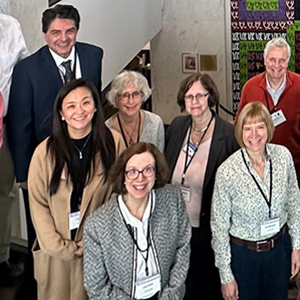During a week in which air quality along the east coast was affected by wildfires burning in Canada, NIEHS Director Rick Woychik, Ph.D., shared what he and others at the National Institutes of Health (NIH) are doing to address the threat of climate change to health.
“The timing for a presentation on this topic couldn’t be more applicable,” Woychik noted at the start of his June 9 presentation to the NIH Advisory Committee to the Director (ACD). The ACD makes recommendations concerning program development, resource allocation, NIH administrative regulation and policy, and other specific or general aspects of NIH policy.
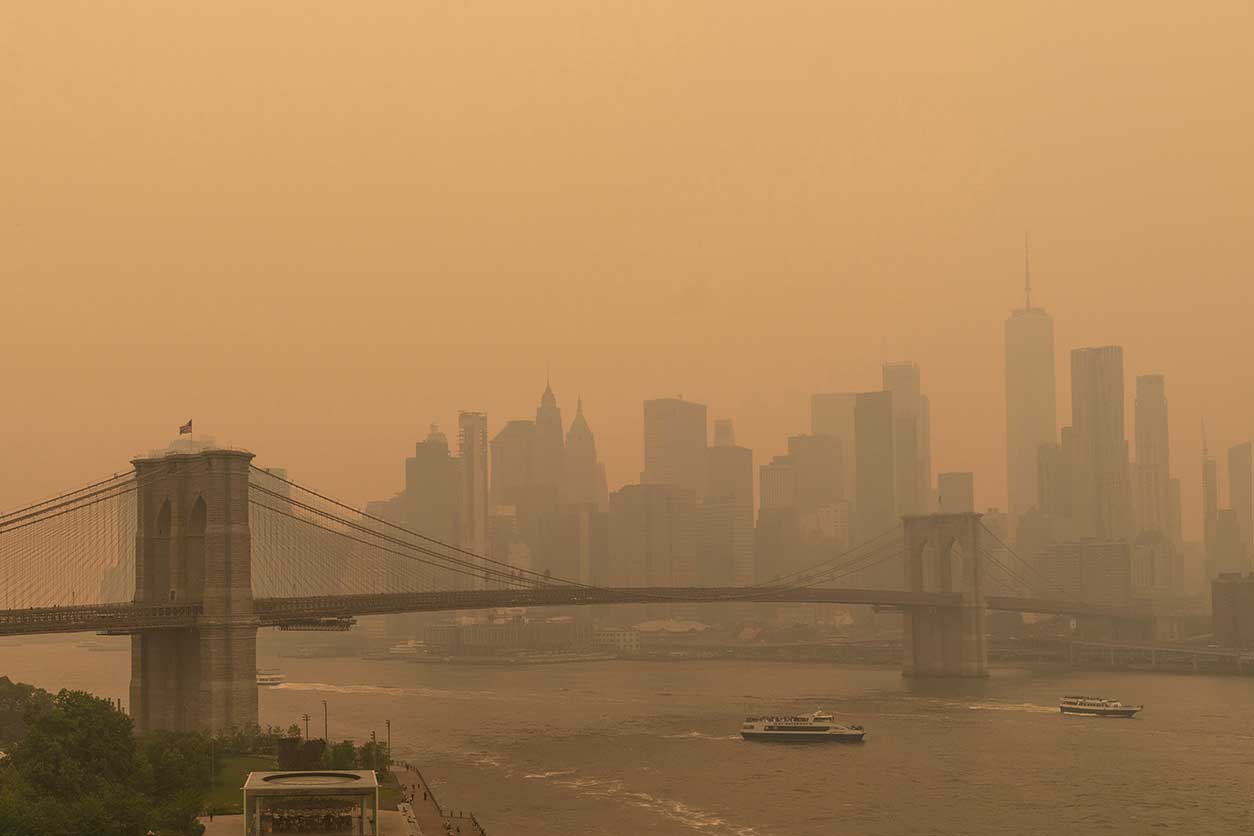
A critical moment
Woychik, speaking on behalf of the seven Institute and Center Directors who make up the Executive Committee for the NIH Climate and Health Initiative, as well as all staff at NIH working on this collaboration, began his presentation by emphasizing the urgent need for this effort. Citing a myriad of global climate events in 2022, ranging from flooding in Pakistan, to unprecedented heat in Asia, to the devastation brought on by Hurricane Ian in Cuba and across parts of Florida, Woychik said, “The time to act is now.”
Woychik added, “Addressing climate change and its impact on health is not something one NIH institute or center can tackle on its own.”
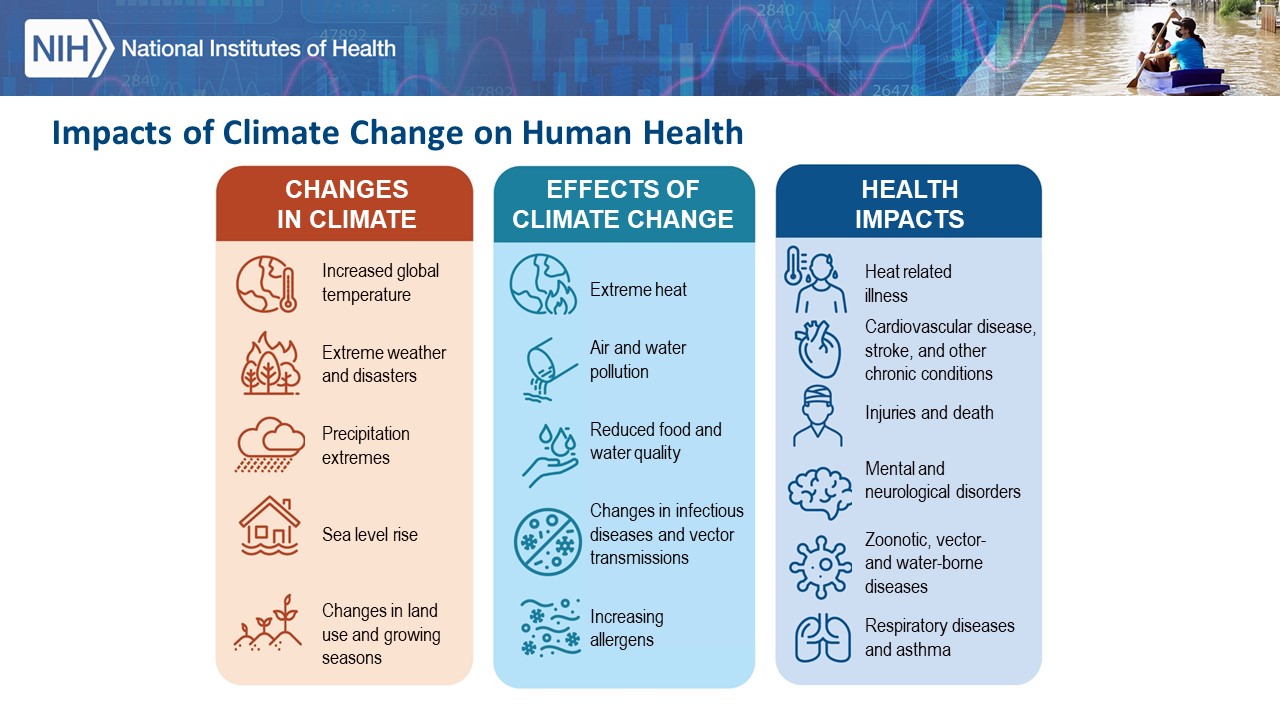
After doing a portfolio analysis of NIH research on this topic from 2011-2020, research gaps were identified and an NIH Strategic Framework was developed with community input to set the stage for the work that needed to be done.
“We are very thankful to Congress for providing NIH with an additional $40 million in FY 2023 to catalyze our efforts,” Woychik noted.
NIH research on climate and health
Woychik provided examples of some of the ongoing research that NIH is supporting related to climate change and health. Examples included adaptation research on how to mitigate morbidity and mortality rates by providing access to air conditioning; basic research that is identifying potential mechanisms for cardiopulmonary responses to wildfires; behavioral and social science research examining the impact that climate change has on access to food; new data integration efforts that will help improve patient and population health; and how research conducted soon after disasters reveals the impact that a disaster, such as a hurricane, can have on short-term and chronic health conditions.
Programmatic accomplishments

Woychik also focused on some of the progress the NIH program has made since it started in 2021, including the following.
- Awarding funding to researchers at Boston University School of Public Health and Harvard T.H. Chan School of Public health to develop a Research Coordinating Center that will accelerate research and translation, as well as create a community of practice.
- Building community engagement research opportunities focused on climate change in underserved communities through the support of the four initial hubs that comprise the Alliance for Community Engagement — Climate and Health.
- Building the capacity of NIH staff to address climate change by supporting the NIH Climate and Health Scholars program.
- Supporting grantees to build the foundation for more NIH-funded climate change and health research by awarding supplements and grants, as well aa announcing new funding opportunities.
Advisory Committee comments
ACD member Shelly Berger, Ph.D., noted that she was impressed with the broad span of the research being supported.
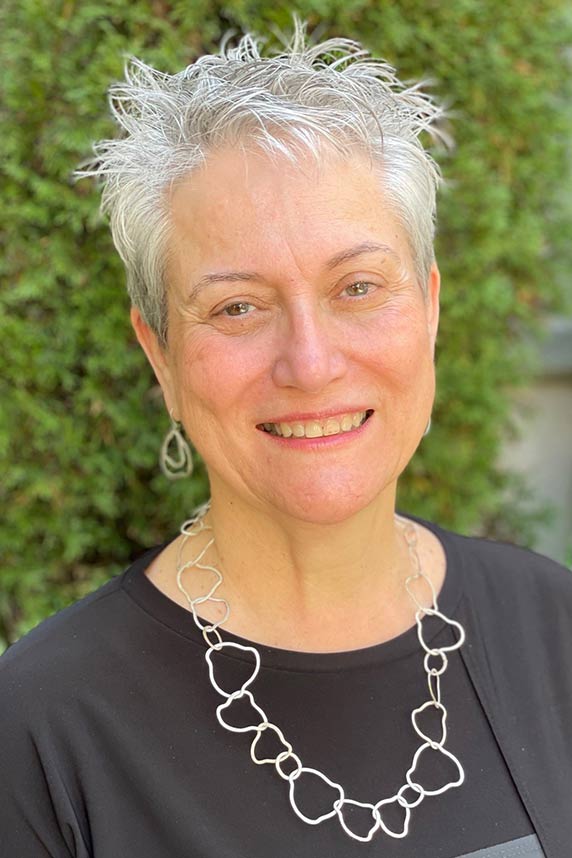
“I love that you are planning to support everything from basic research all the way up to implementation science,” Berger said. “These efforts will really make a difference in improving the health of vulnerable populations.”
Atul Butte, M.D., Ph.D., suggested that the NIH should also be considering how the NIH and others working in biomedical research can play a role in reducing their carbon footprints. Gwen Collman, Ph.D., strategic advisor on this initiative, pointed out that the NIH funding announcements are written broadly enough that researchers can put a proposal forward to generate data on this topic.
Howard Chang, M.D., Ph.D., also an ACD member, noted that he saw great value in sharing data that the new Research Coordinating Center gathers from the community of practice, so other researchers who might not yet be working in this research area can also get involved.
(Robin Mackar is a writer and media relations coordinator in the NIEHS Office of Communications and Public Liaison.)







